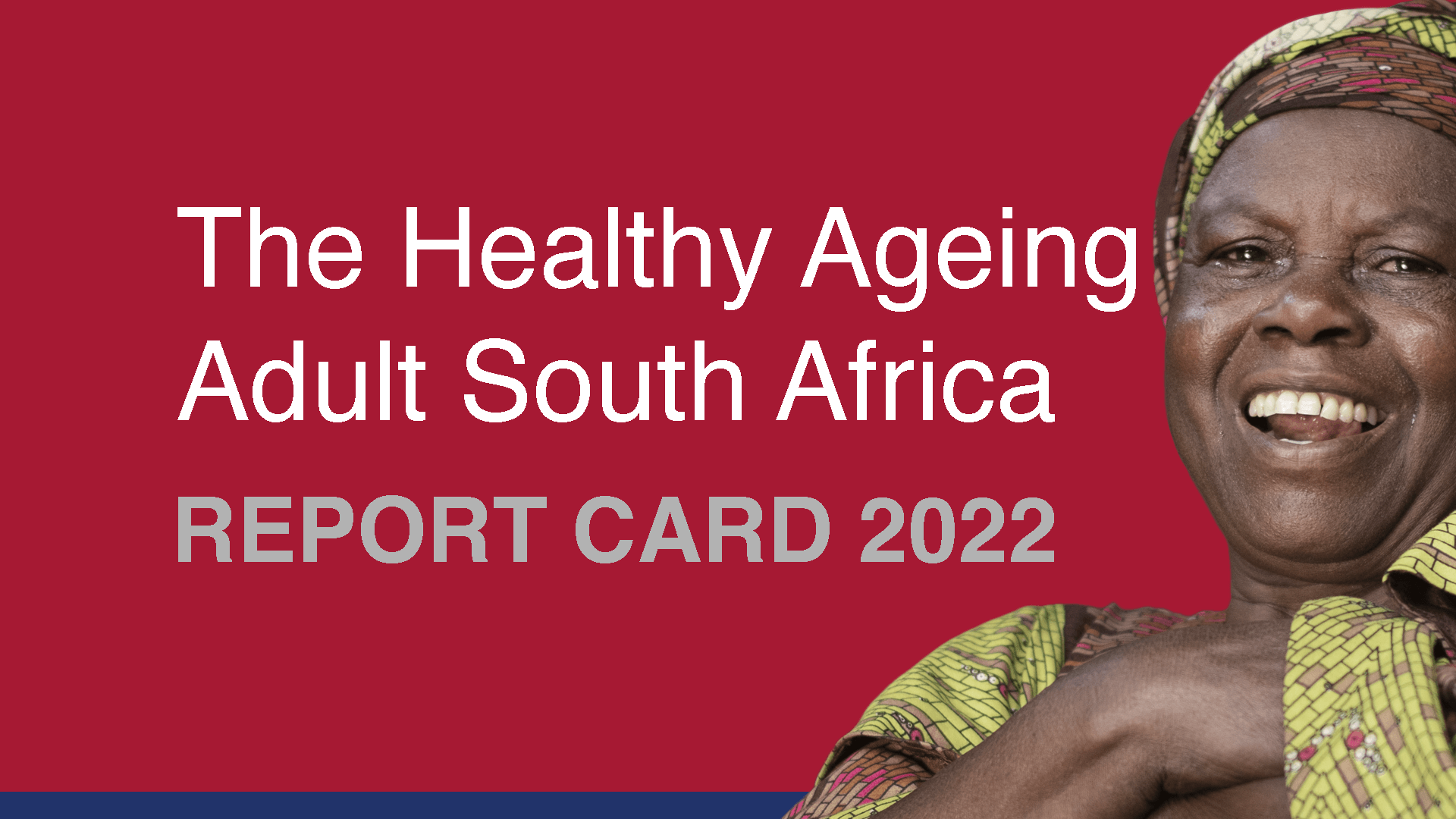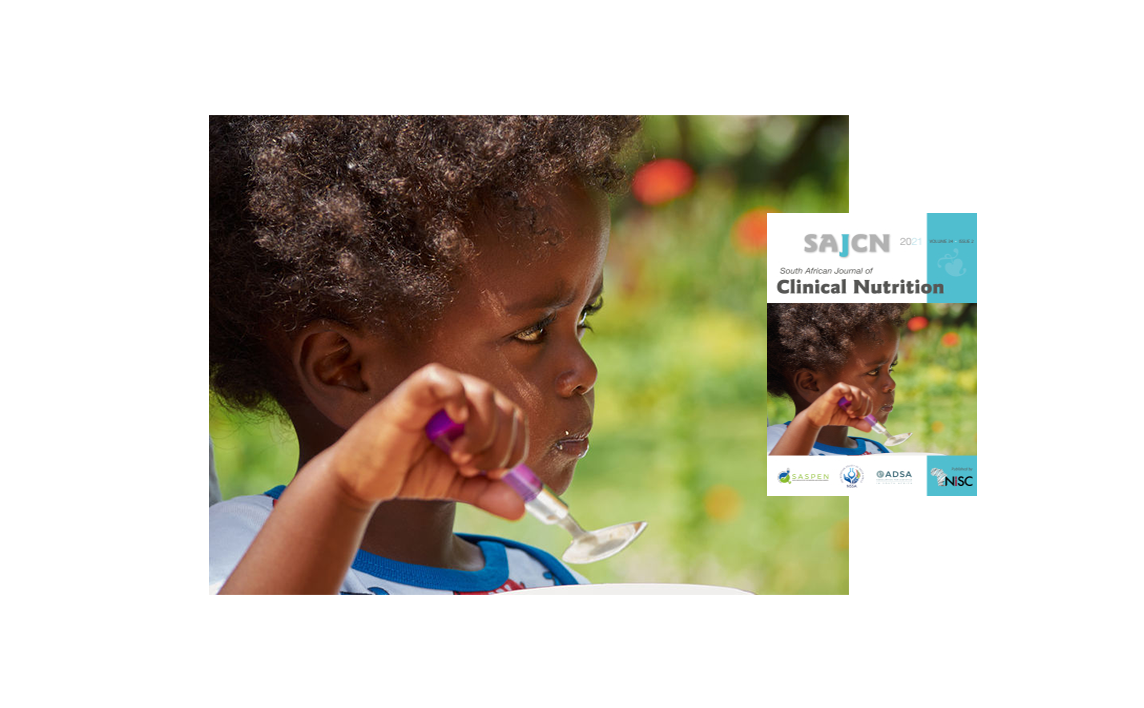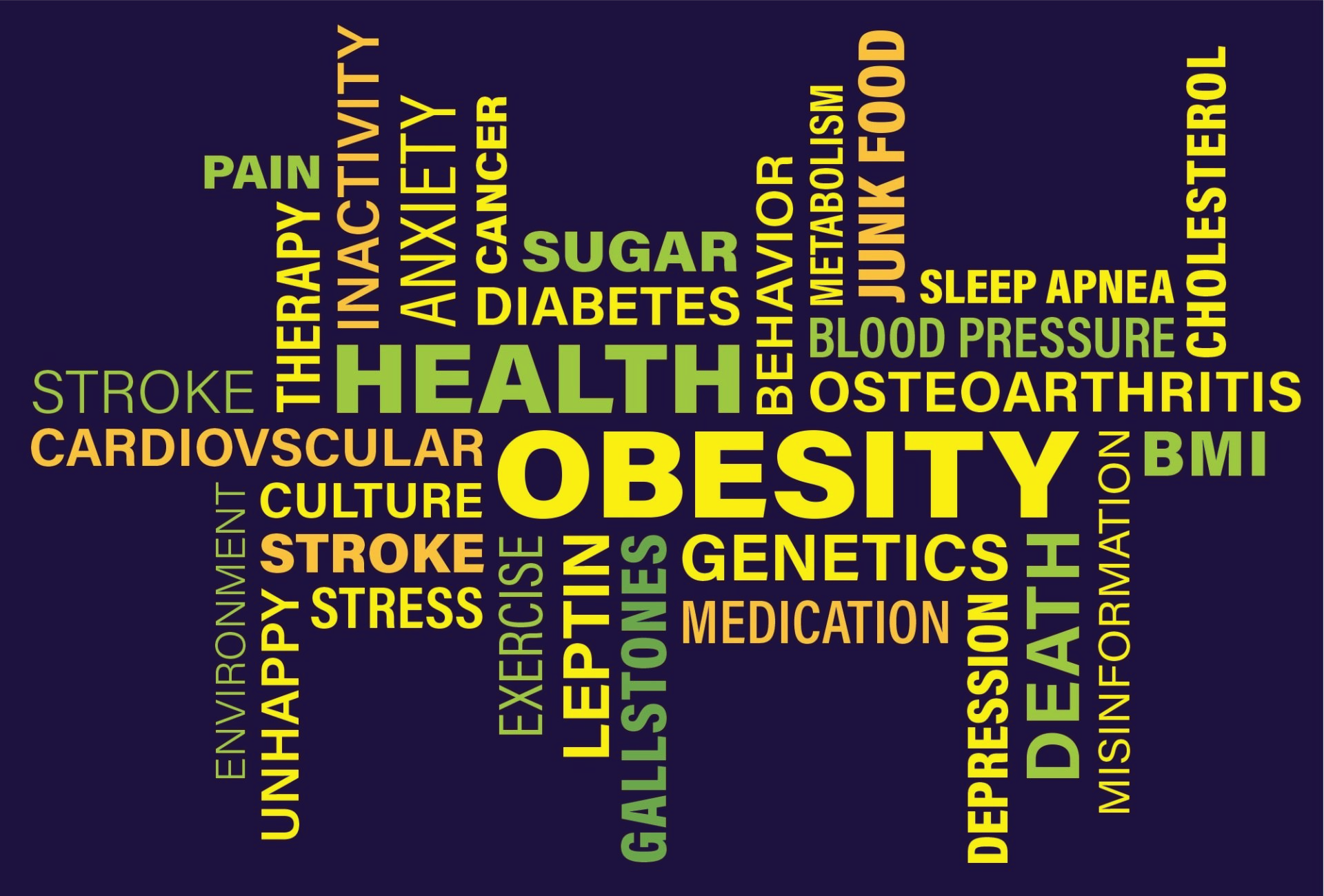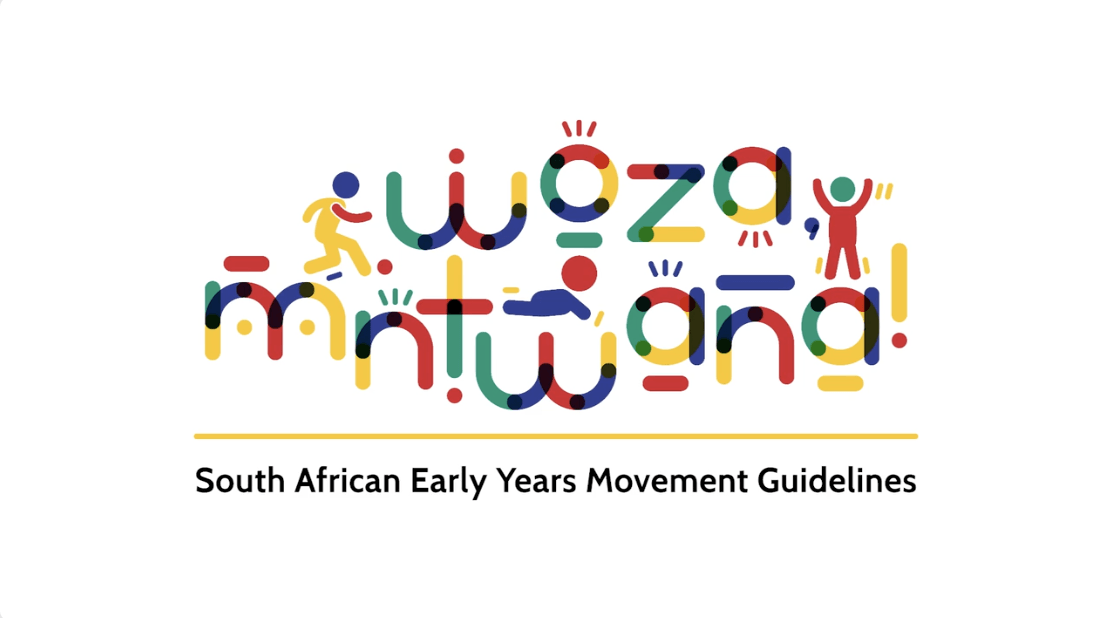SOUTH AFRICA: ARTICLE Obesity in South Africa
by ACTION
Obesity rates are rapidly increasing in the African Region, as in most parts of the world. Overweight and obesity, particularly in urban settings, are major risk factors for type 2 diabetes, high blood pressure, heart attacks and a variety of cancers.
There is a common misconception that obesity and other noncommunicable diseases (NCDs) only occur among the wealthy. Poorer populations are experiencing high double-burdens of infectious and chronic diseases.
Causes of Morbid Obesity
Additionally, sub-Saharan women are far more likely to be obese than men affecting women’s health issues, pregnancy, maternal and infant health.
The greatest risk factors for dying of NCDs are complications with infectious diseases such as HIV, tuberculosis, streptococcus, human papilloma-virus, viral hepatitis, rubella and parasitic diseases such as malaria.
Obesity is affected by many factors including food choices, sedentary lifestyles, genetics and cultural beliefs. Counterproductively, many countries in the Region view obesity as a sign of prosperity. Sedentary lifestyles are affected by changing modes of transportation, types of work and increasing rates of urbanisation.
The upward shift in obesity is associated with:
- increased consumption of high-fat and high-sugar foods;
- increased consumption of highly-refined and processed foods;
- decreased consumption of fruits, vegetables, nuts and legumes;
- increased sedentary lifestyles.
Strategy for the prevention of Obesity in South Africa
More about Obesity & Resent Articles and Events
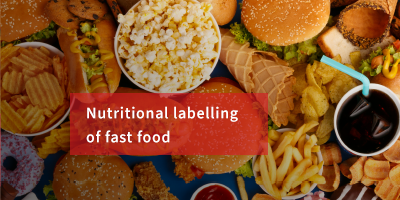
Obesity rates are rapidly increasing in the African Region, as in most parts of the world.
There is a common misconception that obesity and other noncommunicable diseases (NCDs) only occur among the wealthy.
Strategy for the prevention and control of Obesity in South Africa - 2015 - 2020
Act today for a healthier future. HSF supports the World Obesity Federation (WOF) in the initiative to stimulate and support practical actions to address obesity.
ACTION
African Centre for Obesity Prevention
PARTNERS
Join our growing list of partners, including:
Preventing obesity for a healthier tomorrow
Business Hours
- Mon - Fri
- -
- Sat - Sun
- Closed
About Us
Contact
Office:
+27 10 447 3721
E-mail:
